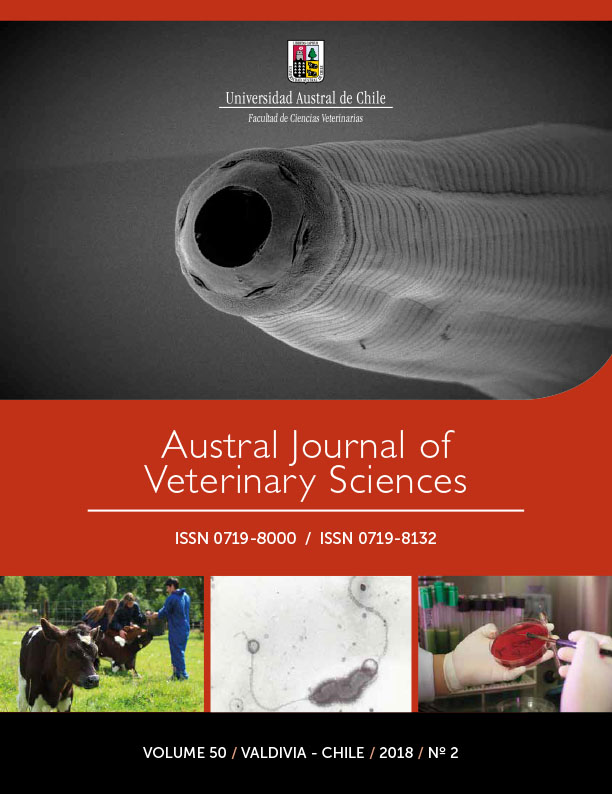Health status and productivity of sheep fed coffee pulp during fattening
Main Article Content
Abstract
The objective of this study was to evaluate the productivity and health of fattening lambs fed different levels of coffee pulp in their diets. Thirty-five crossbred lambs with an average weight of 21.8 kg were fed isoproteic and isoenergetic diets with different percentages of coffee pulp (T0: control; T1: 7%; T2: 14%, T3: 21% and T4: 28%), the base diet was formulated with corn, soybean meal, alfalfa stubble, molasses, urea and mineral salt. The fattening period was 98 days. Productivity was measured by weight gain, feed intake and feed conversion. At the beginning and end of the study, blood samples were taken to determine the health status using a biochemical profile and blood count. Analysis of variance was performed using the initial weight as the covariate for the productive variables and the initial values of the analytes in the blood chemistry and hematological analysis tests. The coffee pulp did not affect productivity, although the amount of neutrophils decreased (P<0.05) as the coffee pulp in the diet increased. In all treatments, urea exceeded the reference values, whereas creatinine was below the reference values. We concluded that the inclusion of up to 28% coffee pulp in the diet did not affect the productive parameters, decreases the neutrophil count without affect health status of lambs during fattening.

